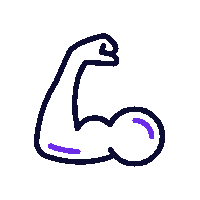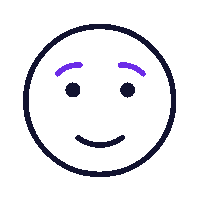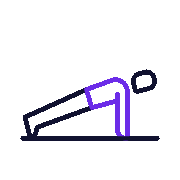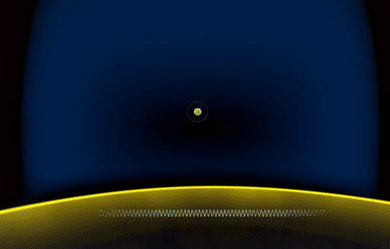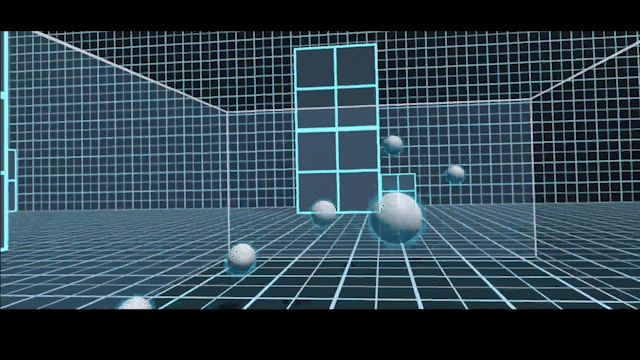NEUROSCIENCE
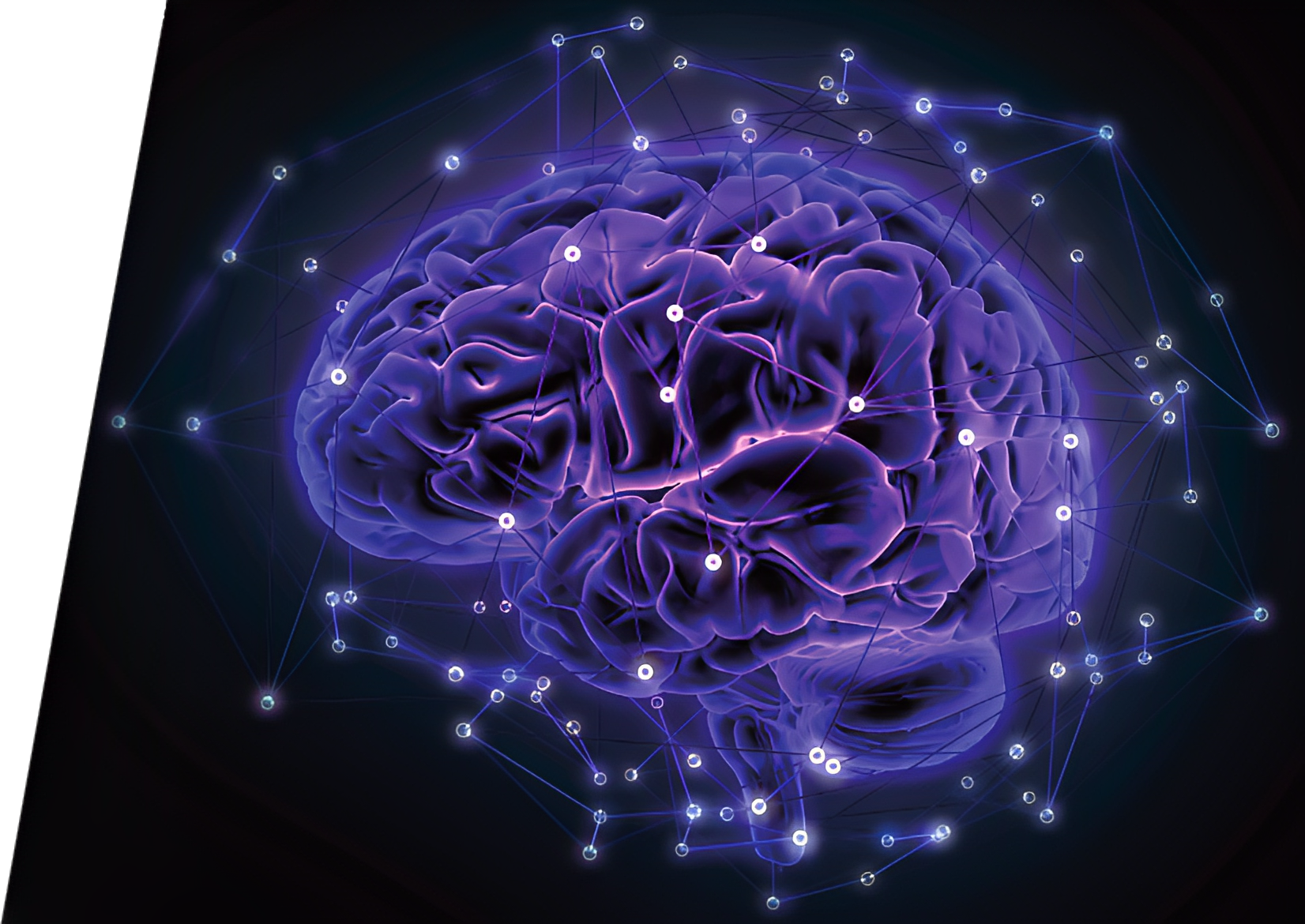
Train 12 behavioral skills with the highest precision
Our neuroscience-based tools measure each skill in situation, allowing scientifically validated research scores to be calculated, and discrepancies with perceptions to be identified.
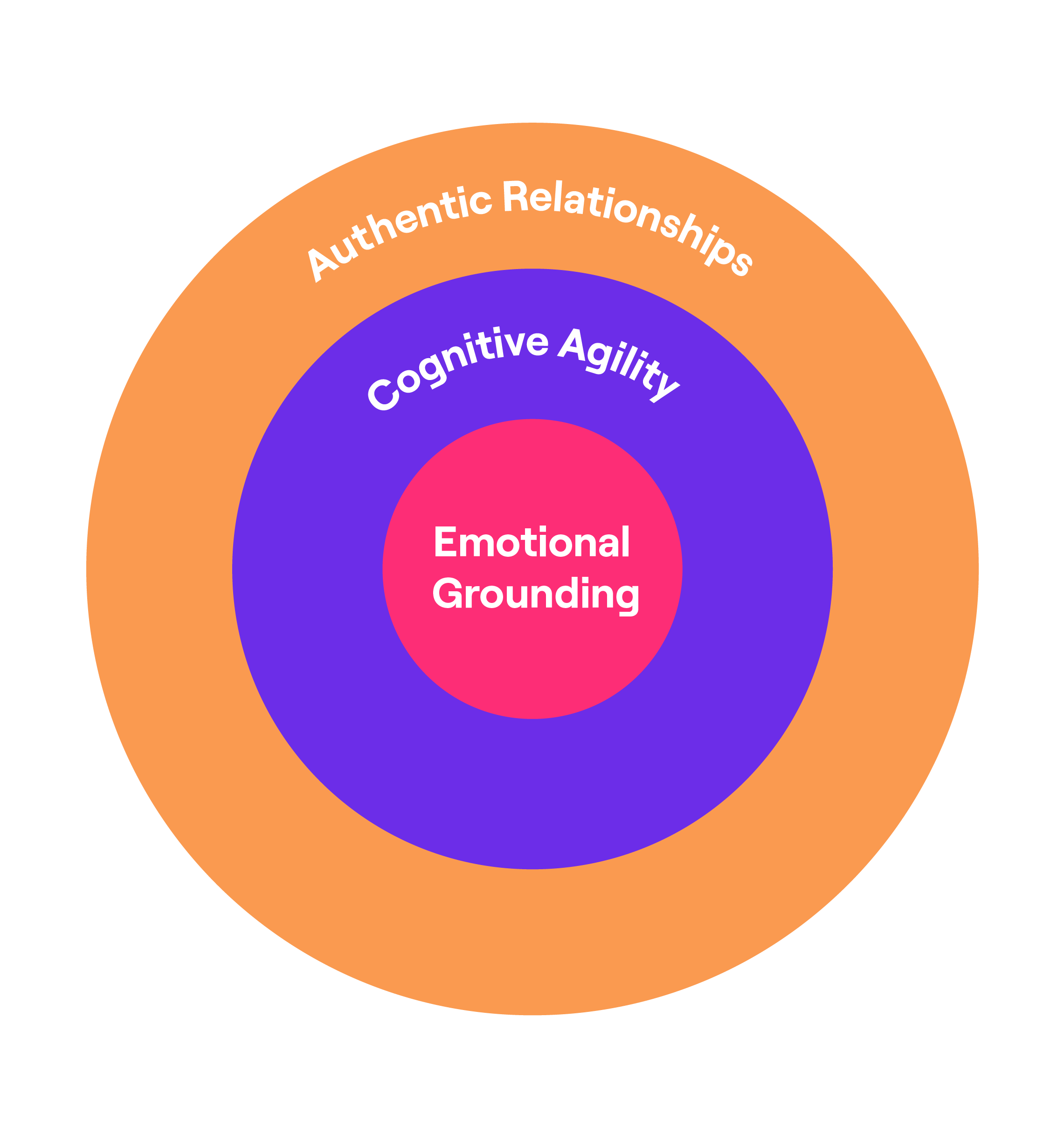
Referential based on the WHO model of
psychosocial skills (2003)
+23%¹
Emotional maturity,
Stress management...
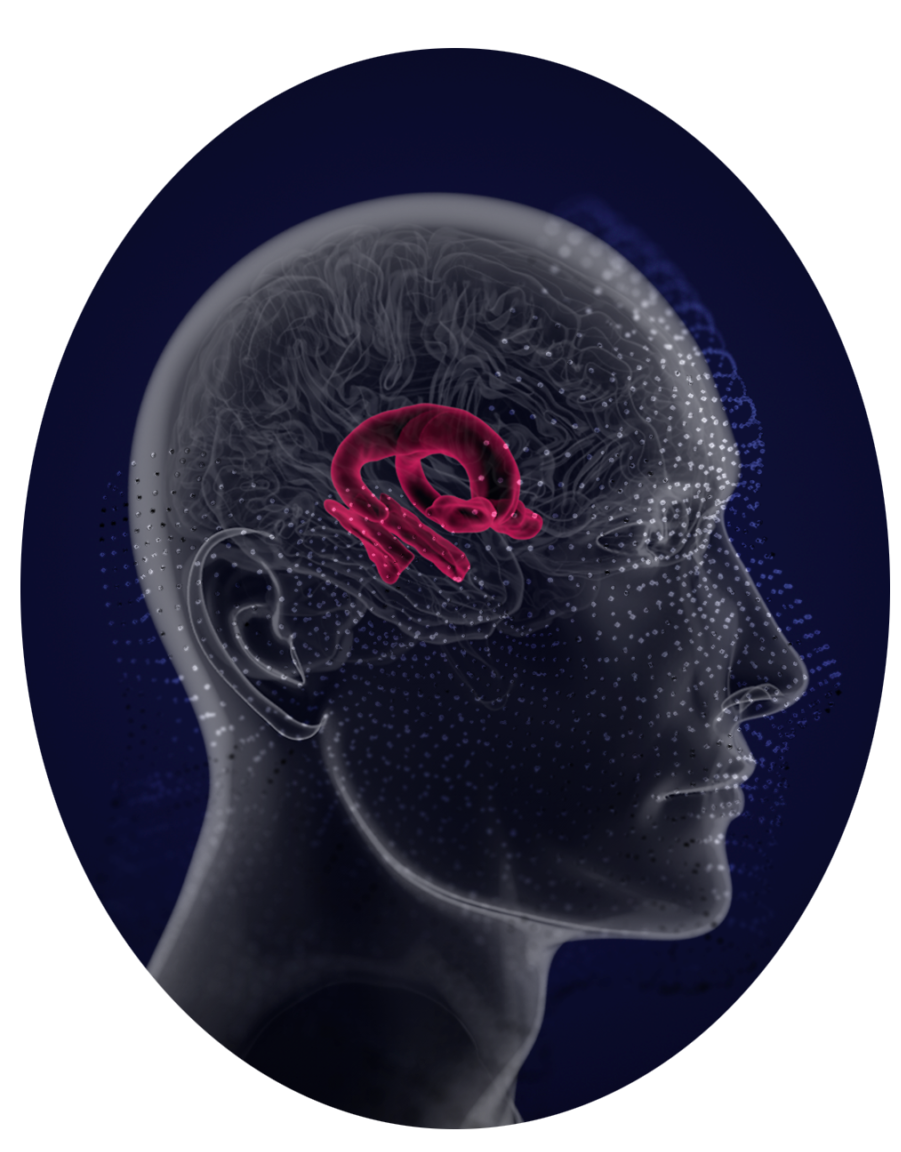
+19%¹
Adapt to change, innovate,
make decisions...
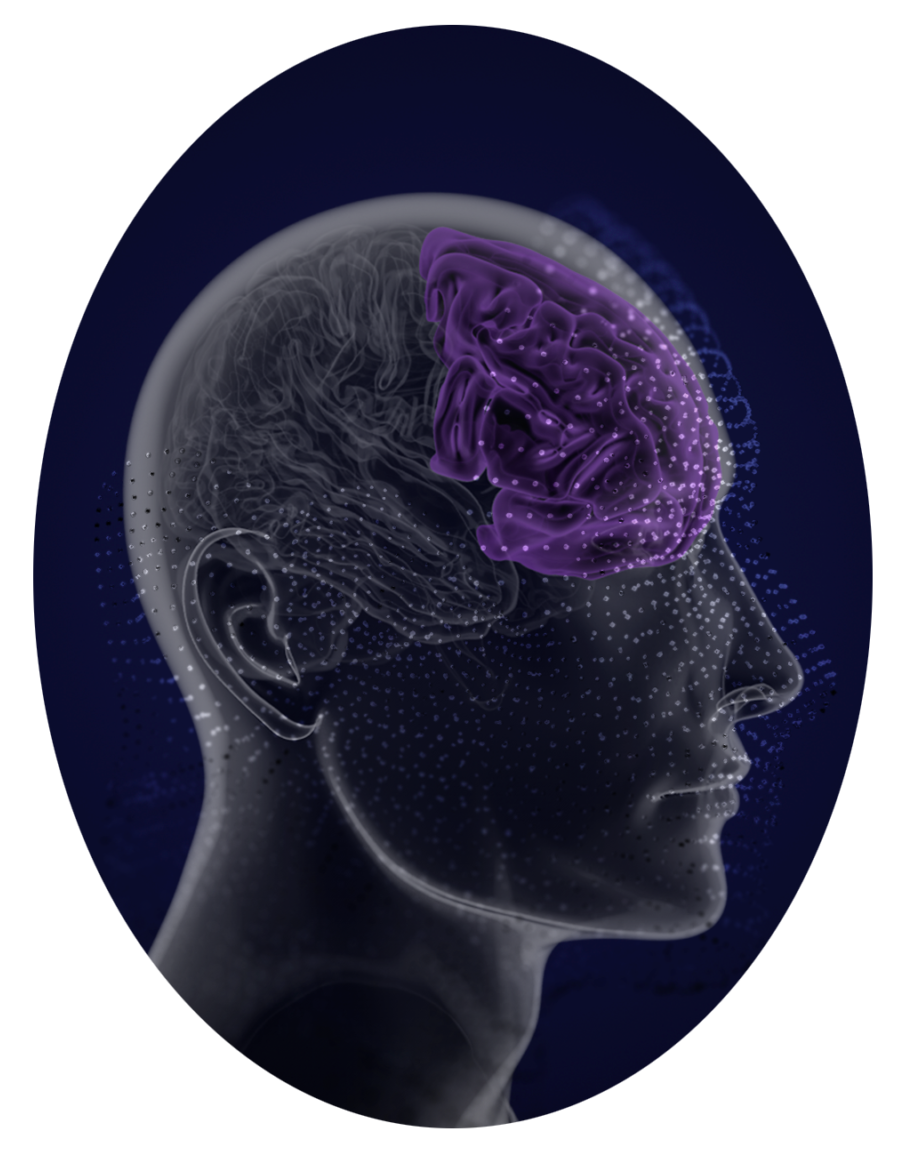
+20%¹
Develop your relational
or managerial posture...
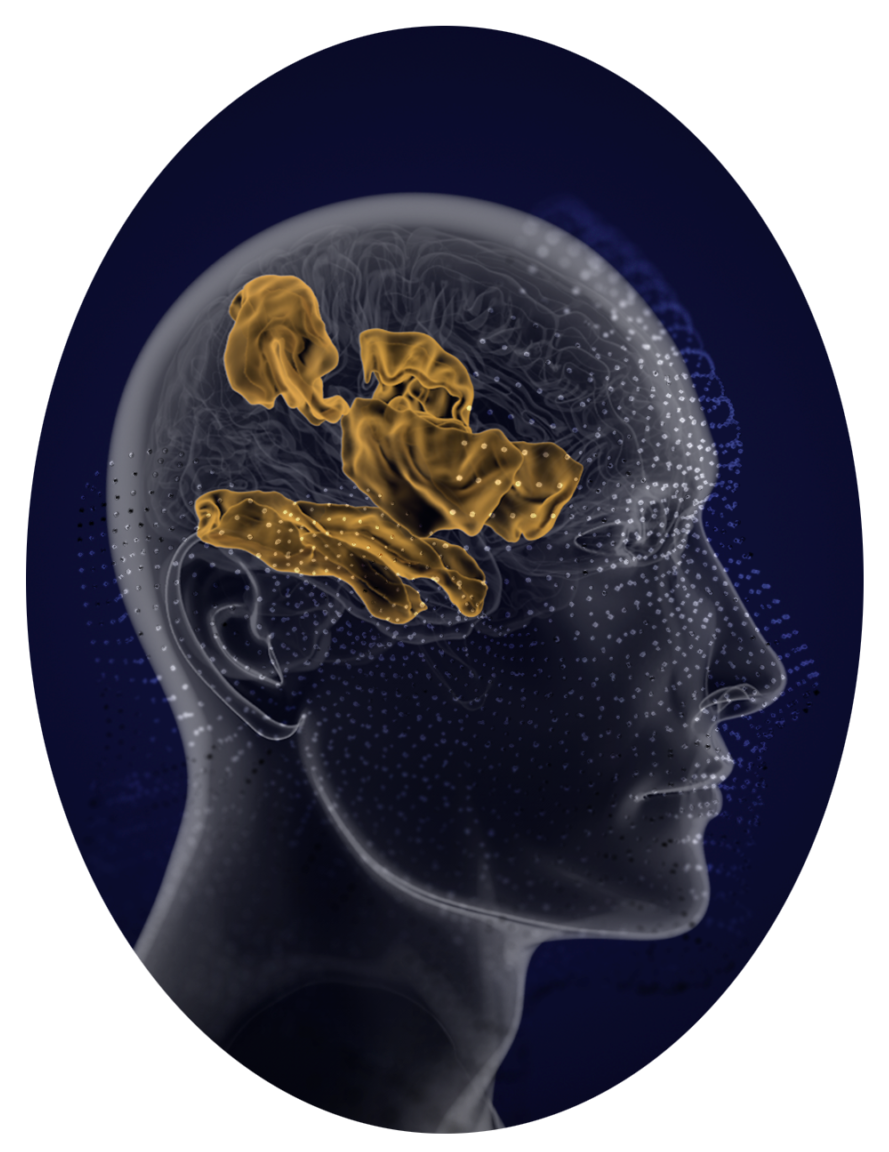
Developing key skills for top-level sport
Machine learning recommendations from data and neuroscience
Our gamified experiments, based on neuroscience research, generate reliable scientific data on each learner’s skills and progress.
The knowledge contained in our database (>1200 people) enables us to personalize the optimum skills development program.
Thanks to our proprietary algorithms, we guide and recommend to individuals according to their reactions (physiological, behavioral).
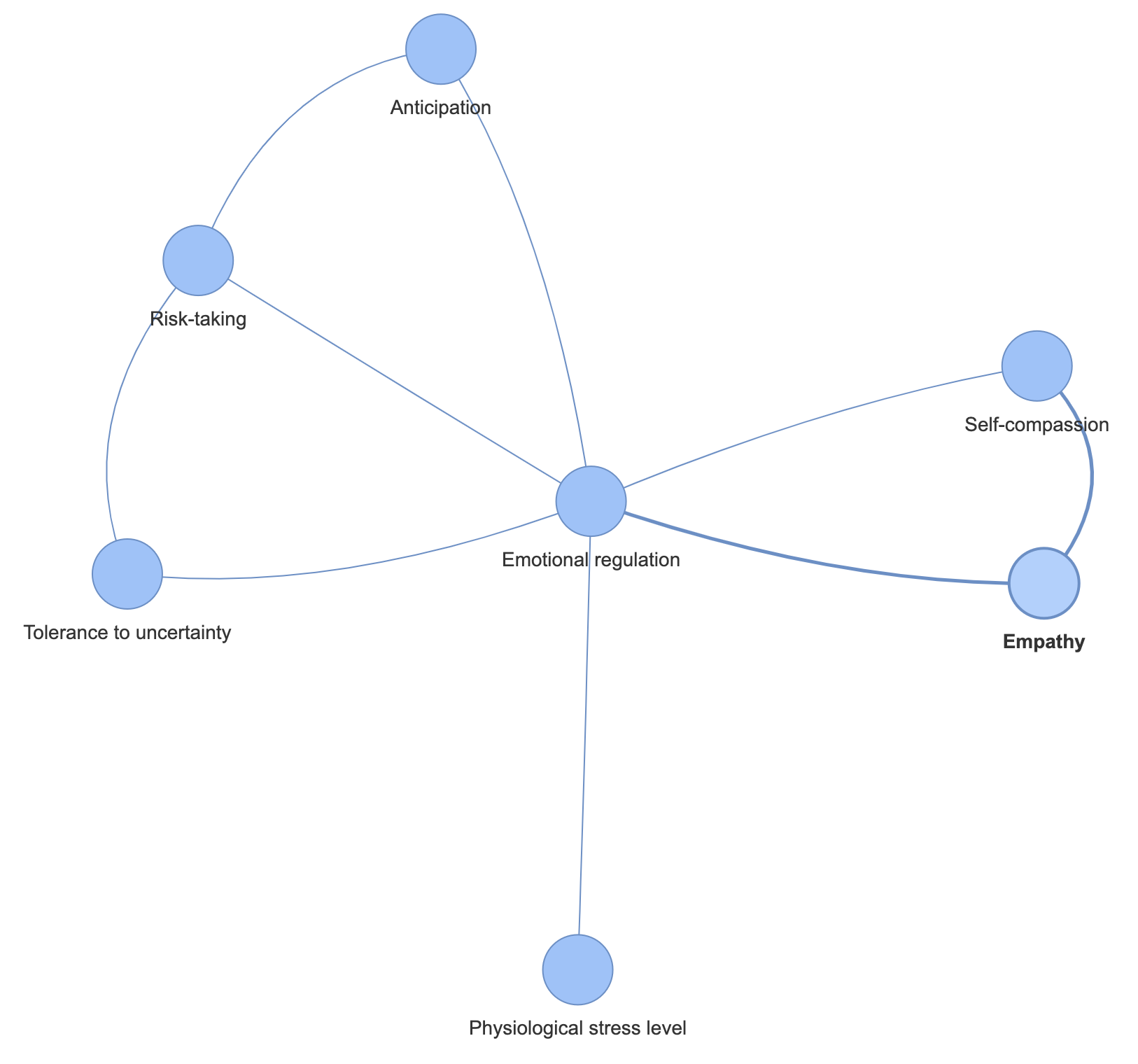
Schematic example of a network analysis used in Omind recommendations
Blended learning for maximum impact
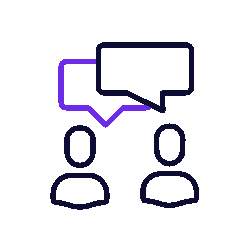
Human support ⁵
30 to 50% of yourprograms' impact
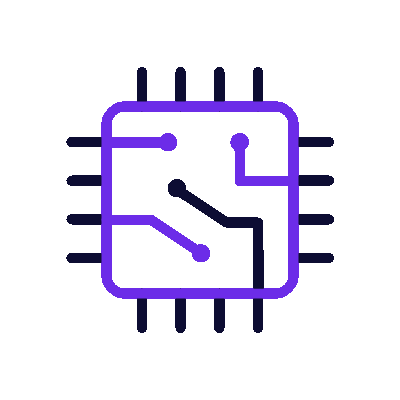
Technology ⁶
A proven accelerator of
awareness and anchoring
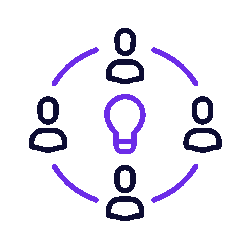
Peer-to-peer pedagogy
Key to your managers andleadership programs
7 scientific publications
and 2 patents pending in neuroscience
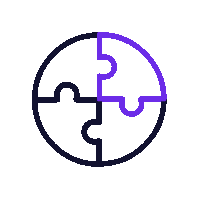
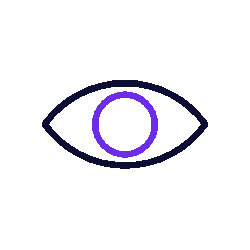
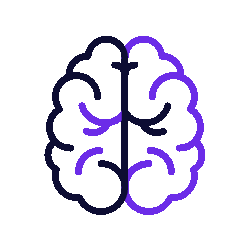
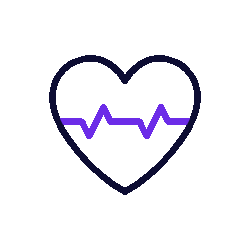

evaluation of the VR headset
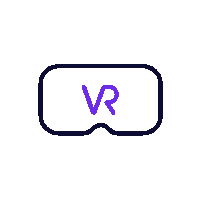
documentation, open-source API
for bio-data management
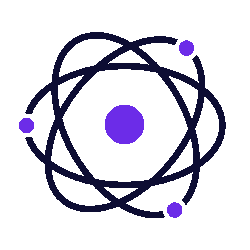
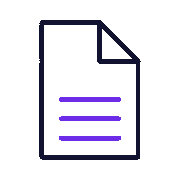



You want to collaborate with us through a research partnership?
A collaborative approach:
6 major neuroscience partnerships
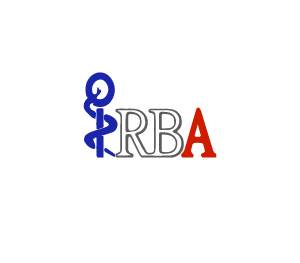

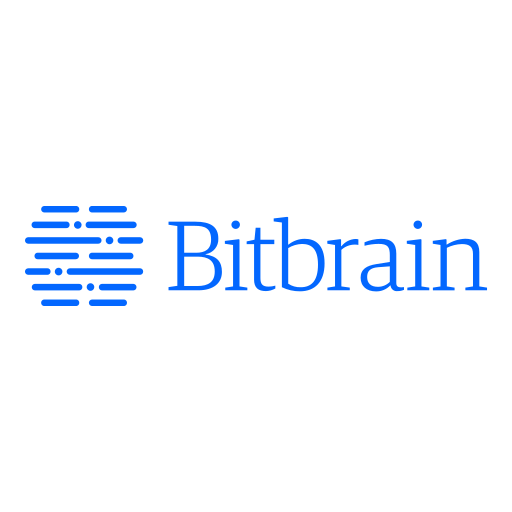

Laboratory of Psychology
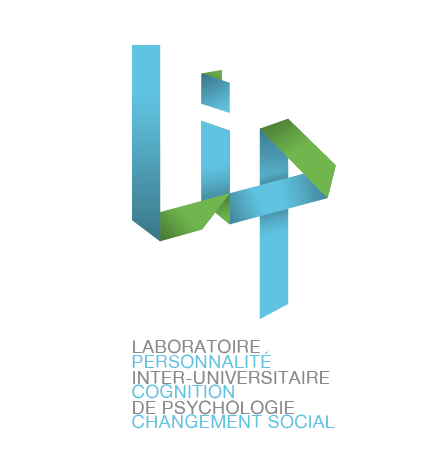

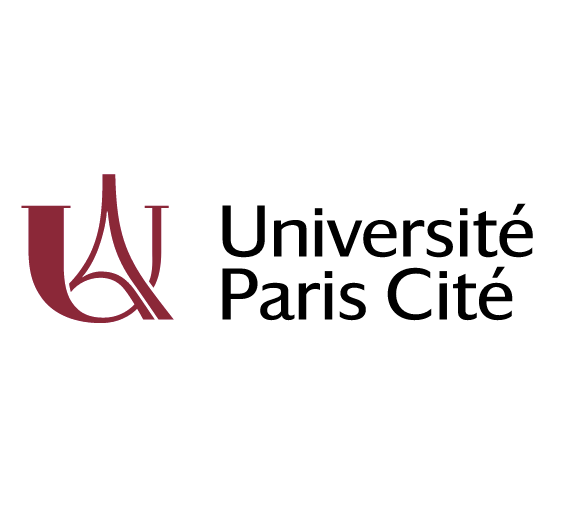

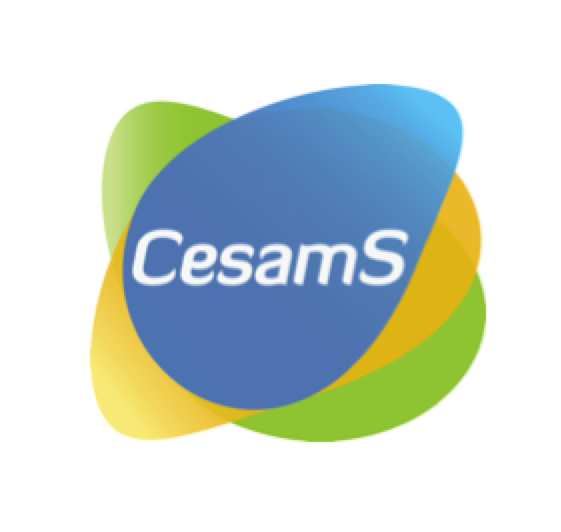

¹ Data from pre/post Omind impact measurement based on 22 participants 2022 on individual programs (measurement of collective long programs underway).
² Jiménez Morgan, Sergio; Molina Mora, José Arturo (2017). Effect of Heart Rate Variability Biofeedback on Sport Performance, a 2 Systematic Review. Applied Psychophysiology and Biofeedback, (), –. doi:10.1007/s10484-017-9364-2
³ Pagaduan, J. C., Chen, Y. S., Fell, J. W., & Wu, S. S. X. (2020). Can heart rate variability biofeedback improve athletic performance? A systematic review. Journal of Human Kinetics, 73, 103.
⁴ Ehmann, P., Beavan, A., Spielmann, J., Mayer, J., Ruf, L., Altmann, S., … & Englert, C. (2022). Perceptual-cognitive performance of youth soccer players in a 360°-environment–An investigation of the relationship with soccer-specific performance and the effects of systematic training. Psychology of Sport and Exercise, 61, 102220.
⁵ Lambert, Michael J.; Barley, Dean E. (2001). Research summary on the therapeutic relationship and psychotherapy outcome.. Psychotherapy: Theory, Research, Practice, Training, 38(4), 357–361.
⁶ Vergara, D., Rubio, M. P., & Lorenzo, M. (2017). On the design of virtual reality learning environments in engineering. Multimodal technologies and interaction, 1(2), 11.


We combine the knowledge and know-how of psychology, video games and neuroscience to design innovative tools for a more human and more efficient company.

